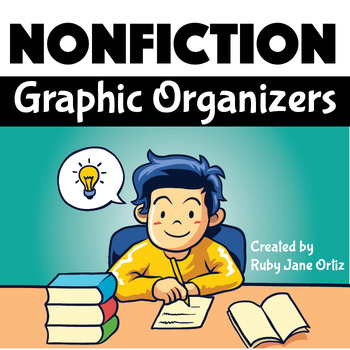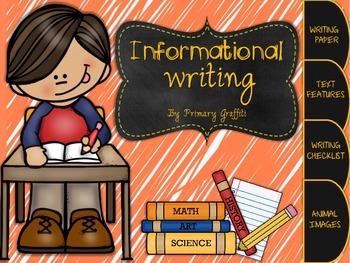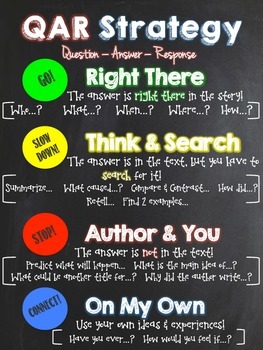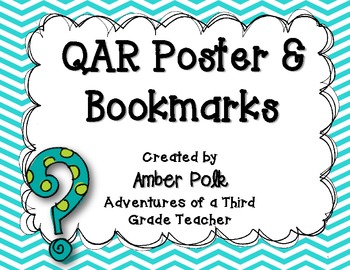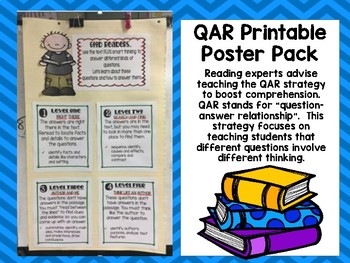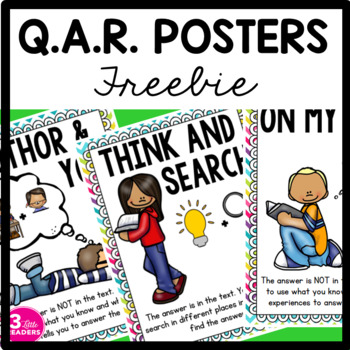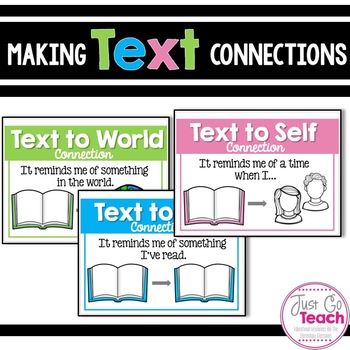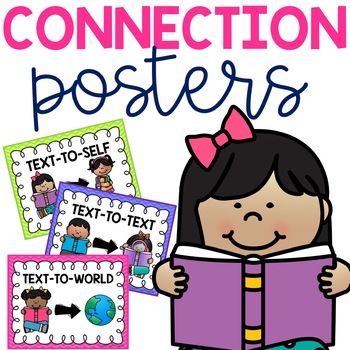Happy Friday EVERYONE! I hope you have an awesome weekend planned with lots of relaxation involved. This week on the blog, I wanted to jump into informational writing. I was soooo excited this week as I moved through classrooms. Soooo much nonfiction happening! Your kiddos were so engaged! Sea turtle, sharks & peregrine falcons!!!!
I love that you all are following the science of reading and putting this into practice in your classrooms. Along with reading nonfiction texts, allowing them to also research and write about information is essential and often appears on state writing assessments! Sooooo, let's DIG in!
What is Informational Writing?
Writing that explains or informs the reader about something. It is based on facts typically about a social event or the natural world.
There are 4 main types of informative writing:
U have to check out this blog post from Elementary Nest! Soooo many amazing ideas to help you get started including mentor texts!
I absolutely LOVE these below videos! They are perfect for introducing informational writing to your students!
Episode 1:
Create an anchor chart together and model what informational writing is all about!
Let them check out some books created by students just like them!!!!
Look at this one on Sea Turtles!
Some are even read aloud!
Episode 2: This is a great time for student to begin to collect things that they know a lot about. Making a list or a web would be super helpful for them to refer back to for future pieces.
Episode 3:
Graphic organizers are always helpful in this step! Check out these freebies to get you started!
Episode 4:
Episode 6:This is a great time to make a connection to what they have already learned about summarizing in reading.
Episode 7:
Episode 8:
Here are a few templates that can be used to help students stay on track. I love that they incorporate text features as well!
Episode 8:
Here are a few templates that can be used to help students stay on track. I love that they incorporate text features as well!
1. Supply students with a construction paper cover that they can design and place their pages inside. Keep these published books in your classroom library for students to read.
2. Have students type their books into Google Slides and allow them to share their books digitally.
3. Have students do a read aloud of their book on Dojo or Seesaw!
4. Don't forget Bookcreator!!!!
5. Buddy up with another class and share! This would be soooo fun with a younger grade. Let you kiddos show off their work!
6. Do an Author's Chair once a week so that students can share their writing.
7. Mystorybook is another site to check out!
I know squeezing writing in is always a struggle but this quote reminds me every time just how important it is we allow our student to WRITE!






